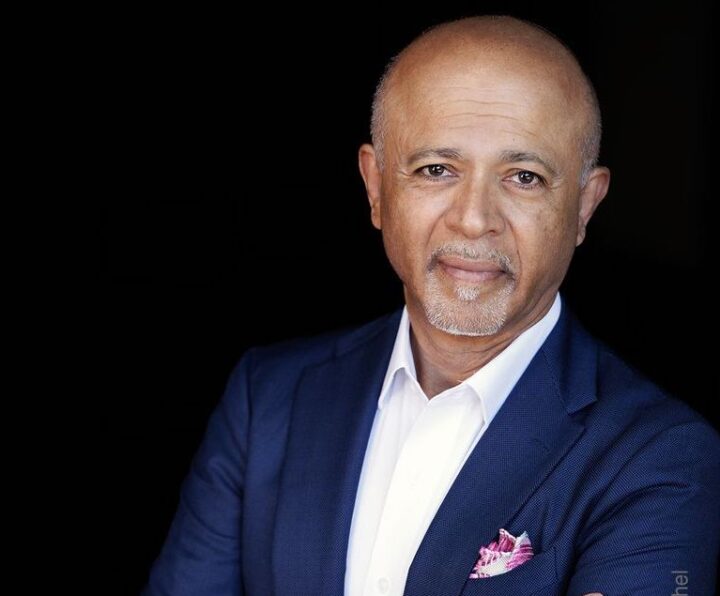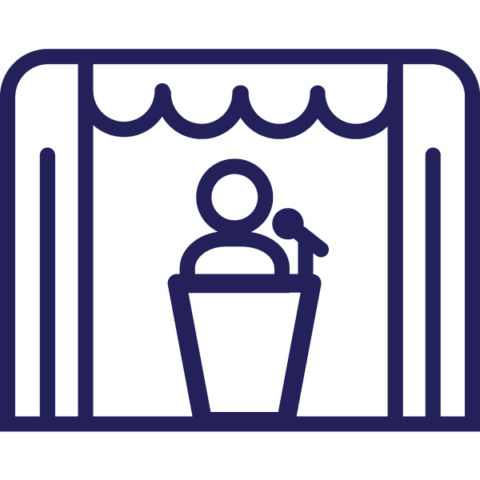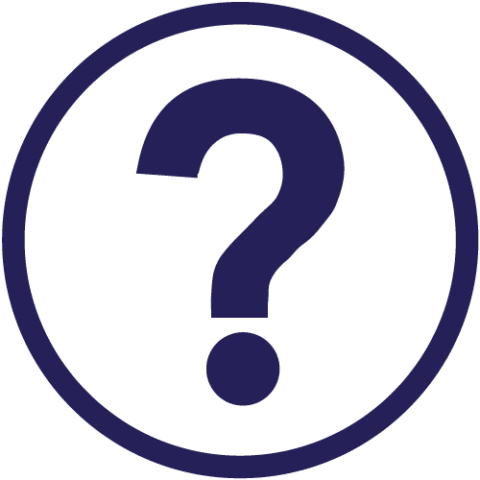Although this event has passed, you can still purchase a streaming pass to view Dr. Verghese’s lecture through December 2 at 7:30 p.m. (PT).
The latest book from Abraham Verghese, The Covenant of Water, reminds audiences of why he is hailed as one of the modern era’s greatest epic novelists. At once a hymn to progress in medicine and to human understanding, this story is a humbling testament to generational connection and a shimmering evocation of a bygone India and of the passage of time itself.
Literary Arts Series, Create Your Own Series, and Super SAL subscriptions include a copy of The Covenant of Water. Books may be added on to single ticket purchases—to purchase a book, select a ticketing level that includes “Book.”
Q&A with Deepa Rao.
Spanning the years 1900 to 1977, The Covenant of Water is set in Kerala, on South India’s Malabar Coast, and follows three generations of a family that suffers a peculiar affliction: in every generation, at least one person dies by drowning—and in Kerala, water is everywhere. The family is part of a Christian community that traces itself to the time of the apostles, but times are shifting, and the matriarch of this family, known as Big Ammachi—literally “Big Mother”—will witness unthinkable changes at home and at large over the span of her extraordinary life.
All of Verghese’s great gifts are on display in this new work: there are astonishing scenes of medical ingenuity, fantastic moments of humor, a surprising and deeply moving story, and characters imbued with the essence of life. The Covenant of Water is a hymn to progress in medicine and to human understanding, and a humbling testament to the hardships undergone by past generations for the sake of those alive today. It is one of the most masterful literary novels published in recent years.
Dr. Abraham Verghese is a bestselling author and prominent voice in medicine with a uniquely humanistic view of the future of healthcare. He received the National Humanities Medal from President Obama “for reminding us that the patient is the center of the medical enterprise.”
Trained in infectious diseases and pulmonary medicine, Dr. Verghese has long been a top thinker in healthcare. His TED talk “A Doctor’s Touch” has been viewed almost two million times, and is as meaningful now as the day he delivered it. He is co-host with Dr. Eric Topol of the Medicine and the Machine podcast, and he has long been a top thinker on how we marry cutting-edge technology to advance medicine with a focus on the physical patient. Dr. Verghese leads PRESENCE, a multidisciplinary center that studies the human experience of patients, physicians and caregivers.
Outside of healthcare, he is best known as a phenomenally successful author. His first novel, Cutting for Stone, topped the New York Times bestseller list for over two years, was translated into more than twenty languages, and it is being adapted for film by Anonymous Content. Amazon named it one of its 100 Books to Read in a Lifetime. In 2023, he published his long-awaited second novel, The Covenant of Water, which debuted as a New York Times bestseller, remained on the list for several weeks, and was the 101st pick for Oprah’s Book Club. Oprah Winfrey, who named the book among the top three she’s read in her life, was so taken by the story that she developed a six-part podcast series diving into the themes of book through intimate conversations with Verghese. His memoirs include the award-winning My Own Country and The Tennis Partner.
Deepa Rao, PhD, MA is a Professor in the Department of Global Health (DGH), co-appointed in the School of Medicine and the School of Public Health, at the University of Washington (UW). Deepa completed her education at the University of Chicago, Illinois Institute of Technology in Chicago, and National Institute of Mental Health and Neurosciences in Bangalore, India. She is a Licensed Clinical Psychologist who has led several large, federally funded projects to develop, implement, and scale depression and stigma reduction interventions in the United States, South Africa, and India. She currently directs the MPH program in Global Health and co-teaches a course called Rethinking Global Health. She serves as an Associate Vice Provost at UW. In her leadership roles, she works to de-center privilege and incorporate decolonization perspectives into academic scholarship, teaching, and service. She is a Second Generation South Asian-American. Deepa is also a wife and a mother.



